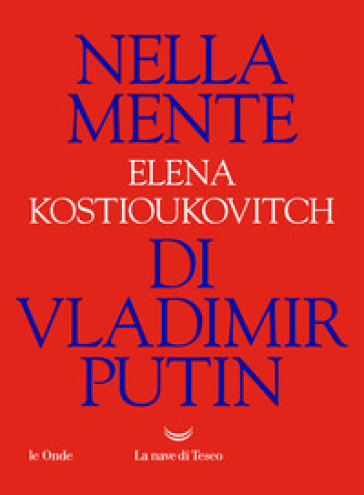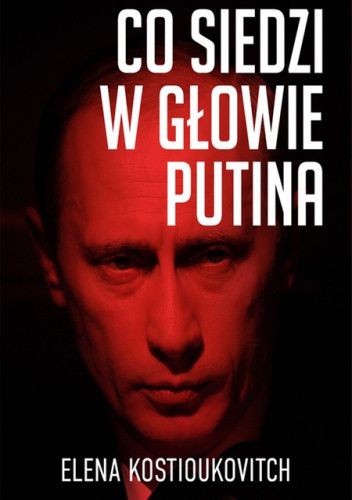from Panorama (Italy)
THE ANIMATOR By Andrei Volos
Chechen war, central Asia’s black market, terrorism: Russia seduced by an author who retells current affairs through his fiction.
A Russian with the Soul in the Steppe by Elena Kostioukovitch
On the scene of contemporary Russian literature, Andrei Volos, 49, holds a unique place. With his novels, Churramabad (1996-2000), The Mecca of Maskav (2003), and now with Animator (about to be published in Russia by Zebra and in Italy by Frassinelli), Volos stands out as an original poet of Russia’s dual soul, the European and the Asian. Beside a modern Western orientation thrives a ‘Mongolian Russia’, as poet Aleksandr Blok called it, the Russia that inspired the Chechen tragedies of Pushkin, Lermontov and Tolstoy, and that now stages violent separatist passions.
Volos is Russian and now resides in Moscow, but he was born in Dushanbé, Tajikistan, at the foot of the Pamir, bordering Afghanistan and China, a town whose language and poetic tradition go back to ancient Persia. It is a land nowadays torn by inter-ethnic and inter-religious struggles unleashed by the collapse of the Soviet empire.
The characters in Volos’ novels, both Asian and Slavonic, closely reflect the suffering caused by this geopolitical quake. In Churramabad an elderly woman befriends a highly poisonous snake of the desert, and an engineer from Moscow disappears in the crowd at a noisy bazaar in central Asia, leaving everything behind - even his own Russian language. In THE ANIMATOR, a Tajik orphan enters the school of the young shakhid, the kamikaze terrorists, and a tormented young official sells explosives to Islamic extremists.
THE ANIMATOR, his latest novel, is a compelling psychological thriller which elaborates some of the dramatic events in recent Russian history. We find, among other incidents, the carnage of October 2002, when 200 people lost their lives after the seizing of Moscow’s Dubrovka theatre - a move organized by a Chechen commander - and after the mistakes by Russian liberators - a horror still vivid to the whole world in the image of terrorists and innocent audience slumped in chairs, asphyxiated by gas.
But the plot also adopts a science-fiction motif, a bit like Andrej Tarkovsky’s film Stalker. The protagonist, Barmin, is endowed with a supernatural power that enables him to pick up the imperceptible imprints of souls at the moment they detach from the body, and thus to seal them in glass vials. And each time a new character appears, the reader can predict, within the chilling narrative suspense, that each of these lives will soon be violently truncated.
Volos does not dignify the good, nor does he rail against the bad. He compassionately describes the different facets of a single reality. He seems to say that more tolerance is needed, and yet men coexist better with snakes than with their fellow human beings.
A shy and solitary writer, Volos belongs by profession (he is an engineer and geophysicist) to the technocratic intelligentsia that in the past suffered an inferiority complex vis à vis the more popular ‘men of letters.’ As an author, though, he is certainly not lacking recognition. He has been conferred some noteworthy prizes: by the journal Znamja (1996), the prestigious Antibooker (1998), the Moscow-Writers (2000), and in 2001 the National Prize of the Russian State.
Talent and richness permeate his prose, in which we find the Russian classical style, reminiscent of Pushkin, Lermontov and Tolstoy, as well as the diabolical pageantry of Gogol of Bulgakov. Still, while invoking the classical atmosphere the author above all takes hold of the current reality.
Who can forget Ayman al-Zawahiri’s interview, in which Al Qaeda’s number two man pointed out how easy it was, in central Asian black markets, to find a dissatisfied Soviet scientist, prepared to sell suitcases of nuclear arms to terrorists? Well, also the protagonist colonel in THE ANIMATOR, who sells arms to the terrorists, is for Volos a sinister “hero of our time.” Like Lermontov’s character, he lives both in Moscow and at the far edge of the empire, deep in the bitter rebellions of central Asia.



